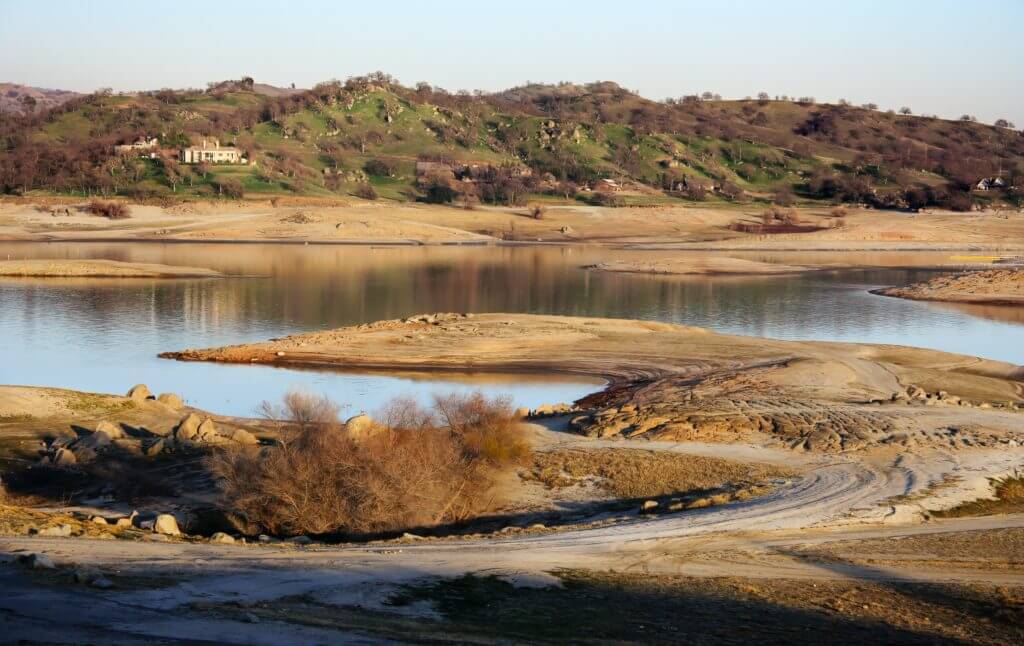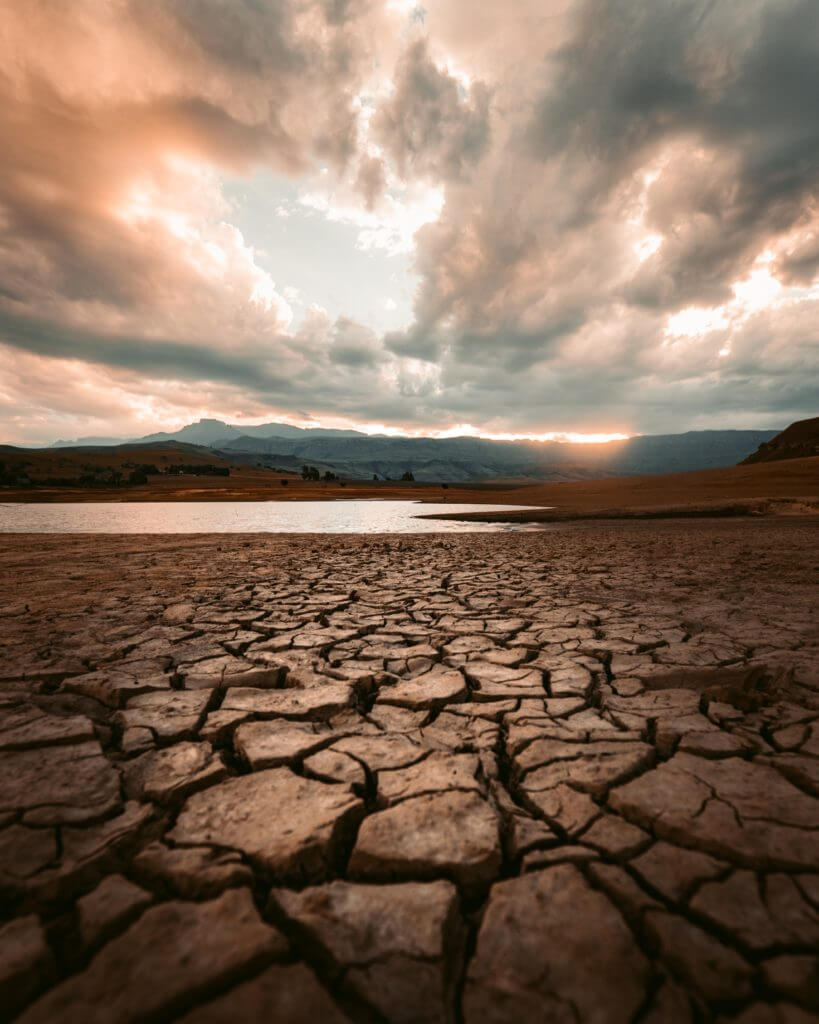GCSE Environment topic – Water Crisis
There are many things we can do without but water is not one of them.
It is said that we have a water crisis across many countries around the world, including the U.K.
Although the U.K. may be further off from its own ‘Day Zero’ than some other countries, how much longer can this crisis continue? If something is not done soon for those suffering acute water shortage there may not be enough to go round.
Day Zero refers to the day when taps will run dry. This is due to various factors including low rain fall.
According to the National Geographic of December 2022, Europe suffers overall water loss of about 84 gigatons per year. This yearly loss of water is equal the size of Lake Ontario in Canada. As a comparison Lake Ontario is 4 times bigger than the size of the U.K.

In 2019 Indian officials declared Day Zero in Chennai. Mismanagement and drought caused severe water shortage in the area.
South Africa has already experienced it’s own Day Zero, and places like Gqeberha on the Eastern Cape are experiencing its own water crisis.
Dar es Salam, Tanzania’s commercial centre is experiencing a shortage of water supplied by the city. Rationing of water was implemented in an attempt to protect the already low water supply.
In attempt to combat its own water shortage Saudi Arabia has built the world’s largest water desalination facility. It makes more than 1.4 million cubic metres of water daily, benefiting the people of Jubail and more than 7 million people in Ryad.
Dwindling dams are causing drought in areas like these, and others, due to lack of rain.

So what are some of the possible solutions to this problem for those around the world where water is drying up? If we cannot depend on consistent rainfall what are our options?
Water awareness drives to stop wasting water, and cut down consumption.
Drilling boreholes to access fresh ground water.
Fixing of water leaks that take place via the pipes that supply water.
Building of more secure irrigation tunnels that run from the dams to water treatment works.
Building of desalination plants that clean up salty ocean water.
Harvesting and recycling of rain water.
There are possibly more solutions but without the will to do something about it now, on an individual and governmental level, the problem will continue to get worse.
For more information on our water crisis GCSE Environment or for more on our Arabic classes contact us: https://www.adls.co.uk/contact
